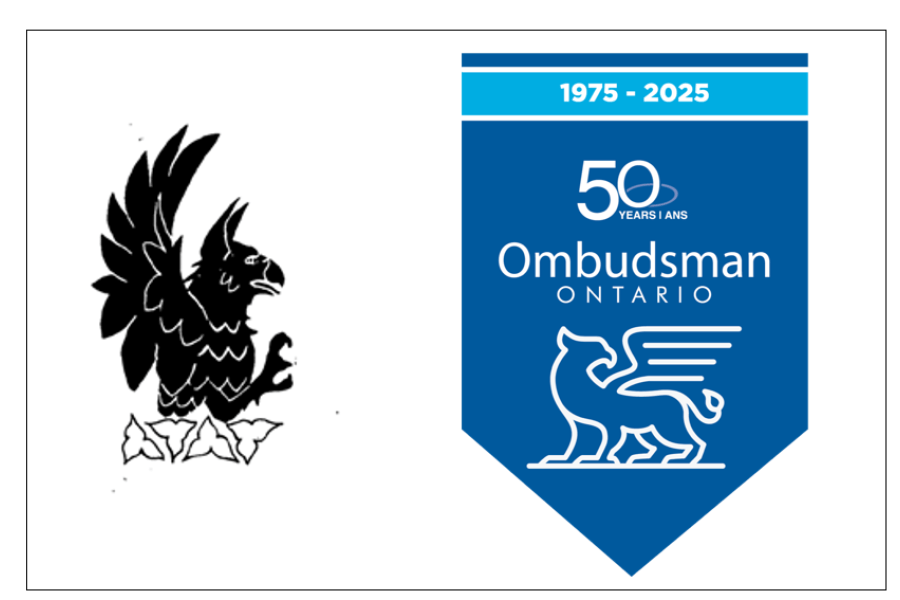Do you have a complaint?

Protecting your rights for 50 years
It was 50 years ago, in March 1975, when Ontarians first learned they would soon have an Ombudsman to protect their right to fair treatment by public bodies.
On March 11, 1975, in a Speech from the Throne read by Lieutenant Governor Pauline McGibbon, the government promised to establish a “provincial ombudsman… to ensure the protection of our citizens against arbitrary judgment or practices.”




